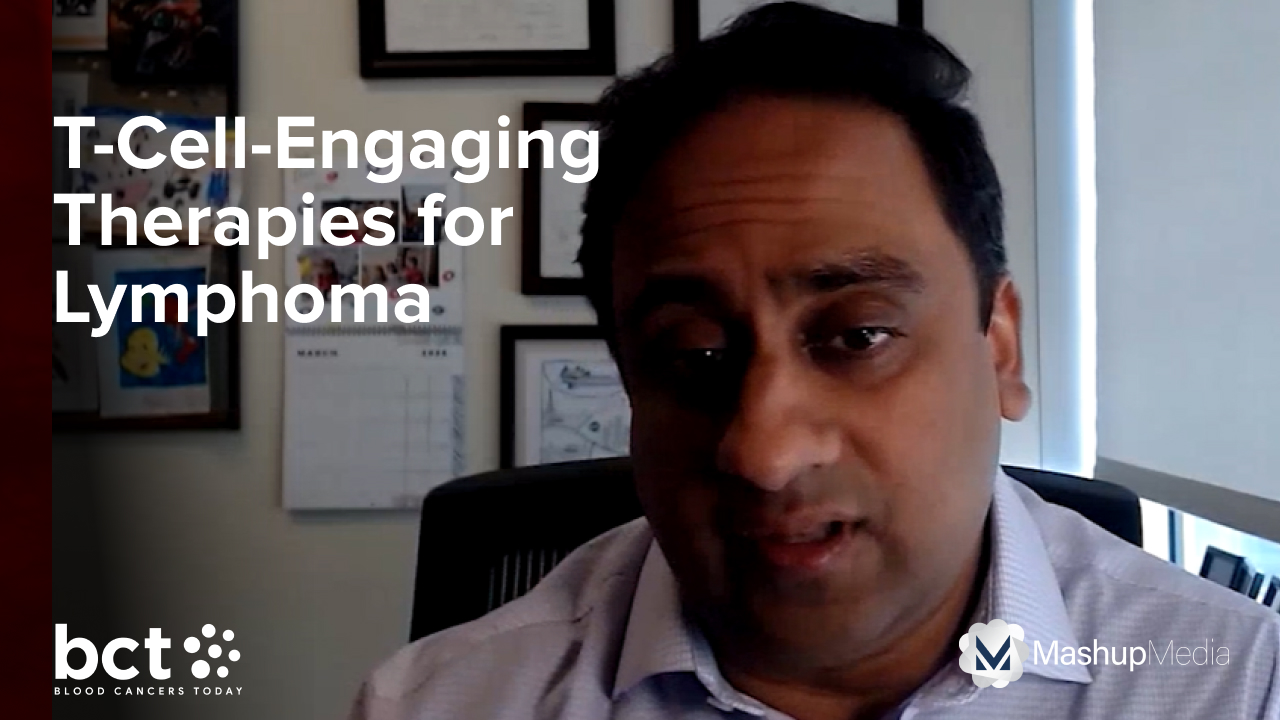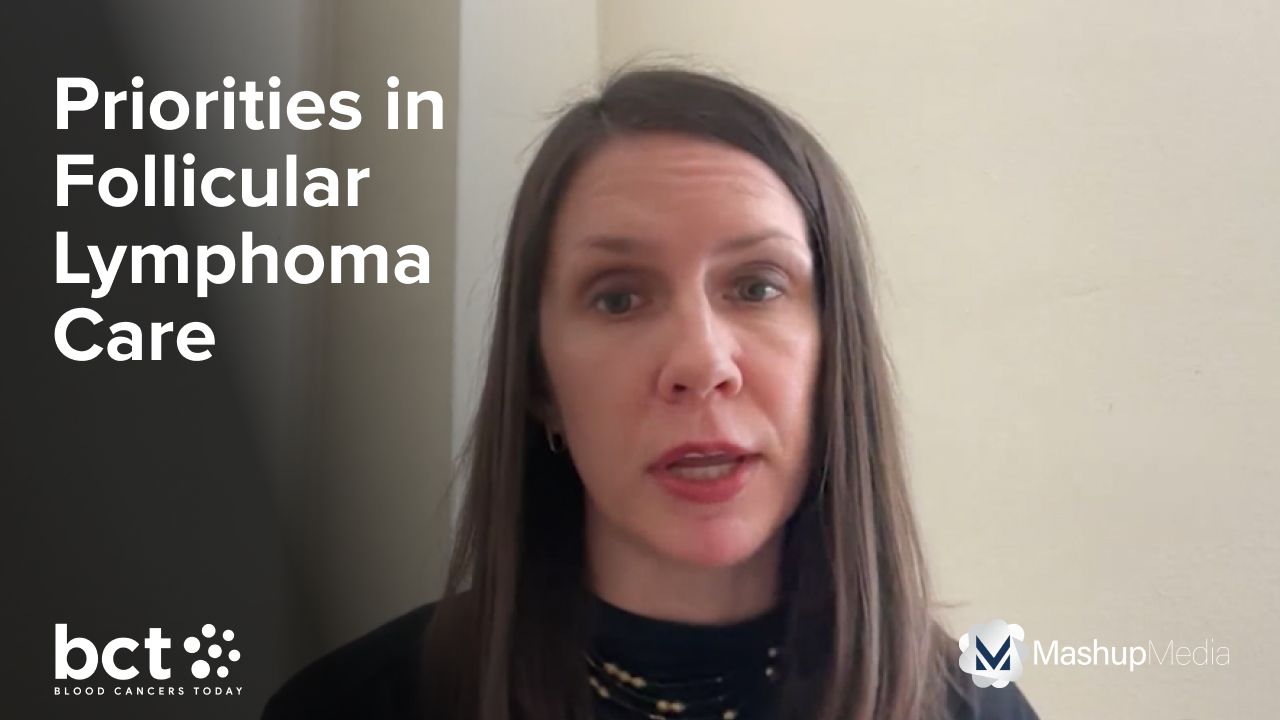
Among patients with relapsed or refractory follicular lymphoma (FL) who received previous lines of therapy including a covalent Bruton’s tyrosine kinase (BTK) inhibitor, treatment with pirtobrutinib had evidence of efficacy and manageable safety, according to a subgroup analysis of patients in the BRUIN study.
Lead author, Nirav Shah, MD, from the Medical College of Wisconsin in Milwaukee, presented the findings at the 65th American Society of Hematology Annual Meeting & Exposition in San Diego, California.
The analysis including 48 patients with relapsed or refractory FL who received pirtobrutinib monotherapy in the dose escalation and expansion phases of BRUIN. The primary endpoints were objective response rate (ORR), duration of response (DOR), progression-free survival (PFS), overall survival (OS), and safety.
The cohort was mostly male (60%) with a median age of 64.5 years (range, 37.0-85.0) and a median of three (range, 1-12) prior lines of therapy. Previous therapies included chemotherapy plus an anti-CD20 antibody in 43 (90%), PI3K inhibitor in 17 (35%), lenalidomide in 14 (29%), autologous stem cell transplant in six (13%), and chimeric antigen receptor (CAR) T-cell therapy in four (8%).
Overall, the ORR with pirtobrutinib was 50% (95% CI, 35.2-64.8), including seven (14.6%) complete responses and 17 (35.4%) partial responses, and 12 (25.0%) patients had stable disease. In four patients who had previously received covalent BTK inhibitors, three achieved a partial response and one achieved stable disease.
Over a median follow-up of 18.4 months (interquartile range, 10.1-21.0), the 24 patients who responded had a median DOR of 5.5 months (95% CI, 3.7-not estimable) with an estimated 18-month DOR rate of 41% (95% CI, 20.1-60.9). The median PFS was 5.8 months (95% CI, 3.8-8.1) with an estimated 18-month PFS rate of 32.3% (955 CI, 19.1-46.2). Additionally, median OS was not reached, and the estimated 18-month OS rate was 78.3% (95% CI, 62.1-88.1).
In short, even among patients with high-risk disease per the Follicular Lymphoma International Prognostic Index, “pirtobrutinib showed potential efficacy and was well tolerated,” according to Dr. Shah and colleagues.
Reference
Shah NN, Zinzani PL, Wang ML, et al. Pirtobrutinib, a highly selective, non-covalent (reversible) BTK inhibitor in relapsed/refractory follicular lymphoma: results from the phase 1/2 BRUIN study. Abstract #3026. Presented at the 65th ASH Annual Meeting & Exposition; December 9-12, 2023; San Diego, California.






 © 2025 Mashup Media, LLC, a Formedics Property. All Rights Reserved.
© 2025 Mashup Media, LLC, a Formedics Property. All Rights Reserved.